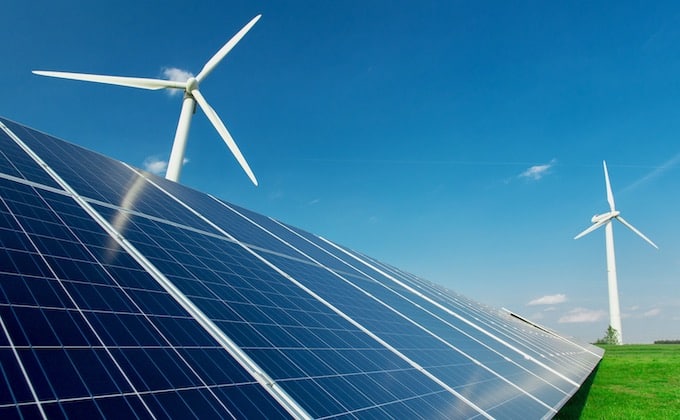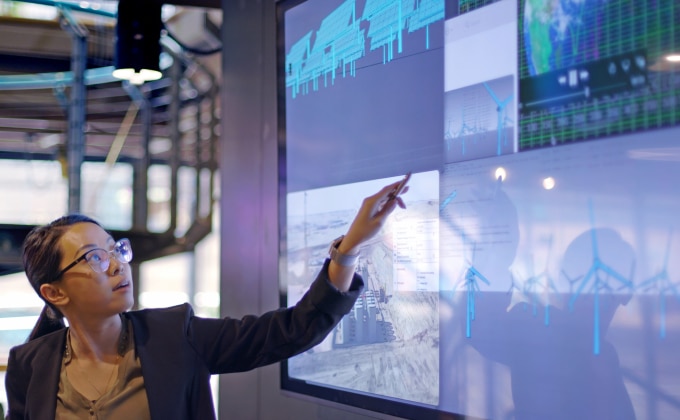Filter >>
Content Filter:
Growing demand for electricity in buildings is creating new opportunities and challenges for electric and natural gas planning. Planning processes for the electric and gas systems are largely separate, and only a few jurisdictions have started to examine how they… View Summary +

If the video is not visible, please accept all cookies to enable the player. Experts from RAP, the Northeast States for Coordinated Air Use Management, and Energy Solutions introduce the model rule they developed and explore how emissions standards… View Summary +

Equipment emissions standards are a critical policy option that states can use to improve air quality and achieve climate goals equitably and affordably. Emissions standards are feasible and effective ways to tackle a major source of building pollution at the time of… View Summary +

Increasing the availability of renewable energy is key to reducing harmful carbon pollution. But before building a large-scale solar or wind project, developers may need approvals from multiple levels of government. These reviews may consider project aesthetics, economics, land use… View Summary +

(A summary version of this paper is also available.) An increasing number of national, state and local government leaders recognize that rapidly decarbonizing the electricity grid is necessary to slow the disruptive effects of a changing climate. At the… View Summary +

(A technical version of this paper, with four detailed appendices, is also available.) An increasing number of national, state and local government leaders recognize that rapidly decarbonizing the electricity grid is necessary to slow the disruptive effects of a… View Summary +

As electrification continues to gain momentum, the implications for system reliability will be profound. Not only is demand likely to grow, but daily and seasonal patterns of energy use may shift. The Midcontinent Independent System Operator, for one, has highlighted… View Summary +

States are increasingly confronting the reality that burning fossil fuels for heat creates cost burdens for their residents, particularly for low-income households and struggling small businesses, while harming health and the environment. Importing those fuels imposes a drain on the… View Summary +

State government agencies are becoming aware that there is more that they can do to reach communities that may be underserved by agency programs — communities of color, indigenous communities, and low-and moderate-income communities. This policy brief describes steps that… View Summary +

Electric utility regulators are paying closer attention than ever before to individual distribution system investment decisions, in part because of the rapid growth in distributed energy resources and the need for new grid modernization investments. To achieve the best… View Summary +
